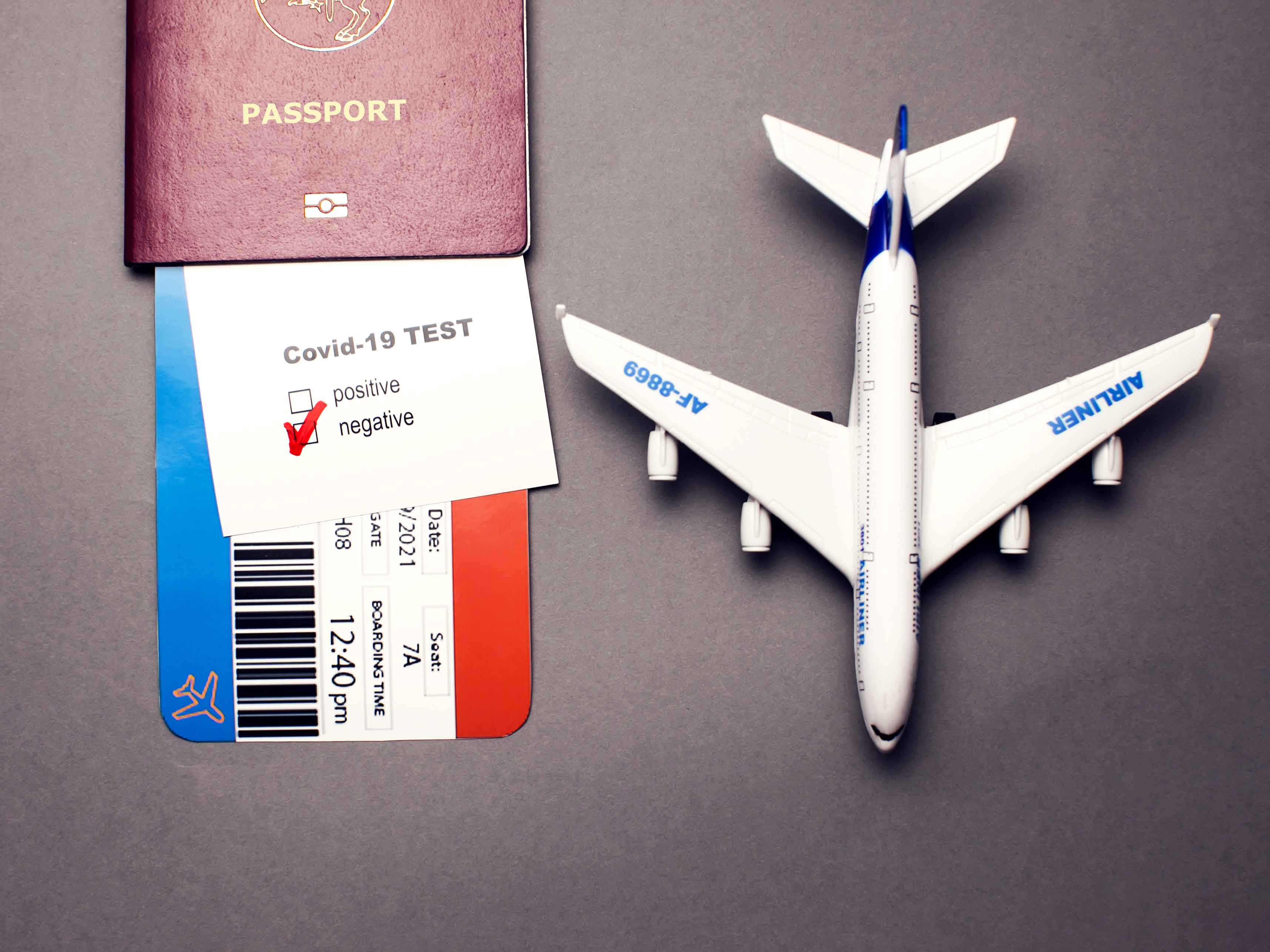13 October 2021
3 min read
Published by:

On 10 October, Prime Minister Scott Morrison announced a plan which could see NSW’s international borders reopening in November. The plan is said to result in lifting international travel caps when the borders reopen and the introduction of a home quarantine arrangement. This announcement has many people planning to reunite with family overseas for Christmas. But it really is not quite what it seems, and here is why.
Initially, Australian citizens and permanent residents will be the only people allowed to travel overseas under the plan.
If you are a temporary visa holder, you will be allowed to leave Australia, but getting back won’t be easy. Until international borders reopen to everyone, temporary visa holders will still need an approved travel exemption to allow them to return to Australia. Temporary visa holders will also fall within the international arrival caps, meaning flight options may be limited.
The ability to home quarantine will not be available to all Australian citizens and permanent residents. Although the confirmed requirements and details of home quarantine have not been released, it is highly likely it will only be accessible to those whose home address is in the local government area (LGA) of their port of arrival.
For example, if you arrive at Sydney International Airport but live in Townsville, Queensland, you won’t be allowed to travel domestically to Townsville to quarantine at home. This means you will need to complete the mandatory hotel quarantine before travelling to Townsville.
Don’t forget that all individuals living in the same home will be required to quarantine together, even if they have not travelled overseas.
Before flying out of Australia, you will also need to meet the vaccination and quarantine requirements of the country you are travelling to. Each country has different requirements, so prepare for hotel quarantine overseas.
Let’s say you have arrived at Sydney International Airport and fulfilled the international arrival quarantine requirements. Unless NSW is your final destination, you will still have to meet the quarantine requirements for your home state. Remember, this could mean two weeks in hotel quarantine at your own cost.
To participate in this proposed travel scheme, you will need to provide evidence of full vaccination with a vaccine approved by the TGA. An internationally recognised proof of vaccination will be available to prove your vaccination overseas. A vaccine passport is expected to be available for download by the end of October through myGov.
Be prepared to have multiple COVID-19 tests. You will need to provide a negative COVID-19 test result to board your flight from and to Australia. During your time in quarantine, you will have to undertake further COVID-19 testing in Australia and potentially your overseas destination.
The test requirements overseas will be at your own cost. Whether you are required to pay testing costs in Australia is not known at this point.
This plan is a positive step towards reopening Australia for business. However, as with any plan, there is no certainty. If you plan to travel overseas, we recommend you do your research and read materials from official sources, including your chosen airline and government websites at your destination, to understand the risks.
Author: Rebecca Macmillan
Disclaimer
The information in this publication is of a general nature and is not intended to address the circumstances of any particular individual or entity. Although we endeavour to provide accurate and timely information, we do not guarantee that the information in this article is accurate at the date it is received or that it will continue to be accurate in the future.
Published by: